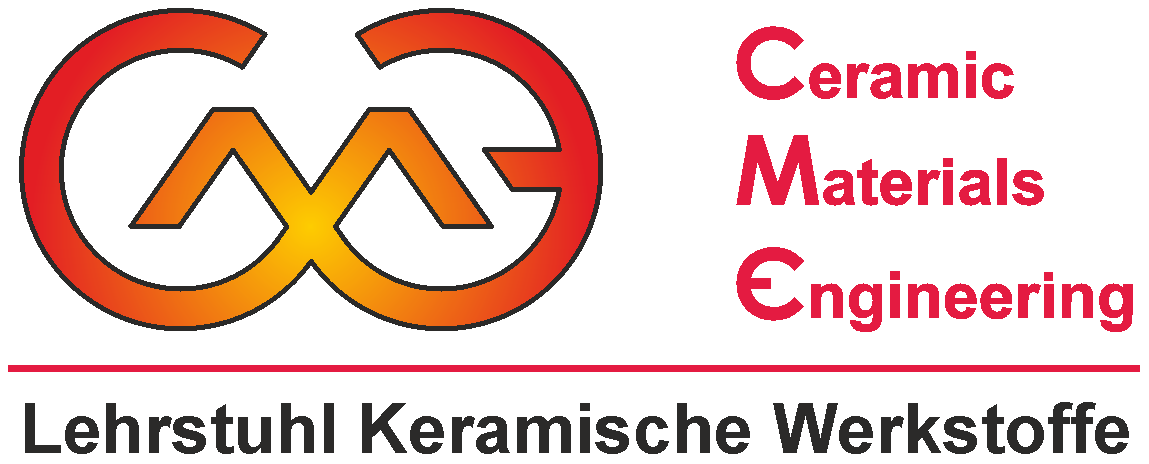The consequences of novel carbon precursors and efficient process control on the sustainability of composite ceramics and their thermomechanical properties
Project description:
The use of composite ceramics can overcome the disadvantages of monolithic ceramics, as they have high damage tolerance, fracture toughness and very high thermal shock resistance. The market for this young class of materials is growing rapidly worldwide from $8.7 billion in 2021 to $25 billion in 2031 (according to Allied Market research). Applications are found particularly in high-temperature lightweight construction, such as in aircraft gas turbines, in aerospace for rocket nozzles, but also in the civilian sector as brake discs for passenger cars, in power plant technology and in wear-resistant components. The main disadvantage of composite ceramics is their high cost, due to expensive starting materials and long process times at high temperatures. Aspects of sustainability and recycling have so far been given little consideration. In addition, process control must be improved to avoid defective parts. The need to overcome these challenges is great and will be addressed in the project with two research institutions whose competences complement each other. Therefore, different approaches to increase the sustainability of composite ceramics (e.g., C/SiC, C/C, SiC/SiC, OFC) will be pursued and finally evaluated.
Duration: 02/2020 - 01/2023
Sponsor: Bavarian-Californian Center for Higher Education (BaCaTeC)
Project partner: Prof. Dr. Steven Nutt (Department of Chemical Engineering and Materials Science, University of Southern California, Los Angeles, USA)
Contact: Prof. Dr.-Ing. Stefan Schafföner, Dr. rer. nat. Nico Langhof

